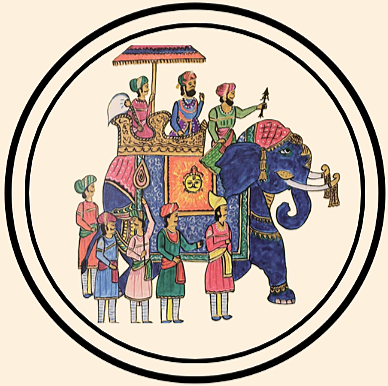The Weighing of the Heart: Ancient Egypt’s Judgment and the Modern Media Abyss
There’s a scene from ancient Egypt that has always fascinated me—a ritual so profound that it echoes through the ages, whispering to anyone who has ever dared to create, to publish, to put themselves out there. It’s the “Weighing of the Heart,” immortalized in the Book of the Dead and famously illustrated in the Papyrus of Ani. In this ritual, the heart of the deceased is placed on a scale, balanced against the feather of Ma’at, the goddess of truth and cosmic order. Osiris, lord of the underworld, presides. Anubis, the jackal-headed god, oversees the weighing, while Thoth, the ibis-headed scribe, records the outcome. If the heart is lighter than the feather, the soul is deemed worthy and granted passage to the afterlife. If heavier, it is devoured by Ammit—a monstrous blend of crocodile, lion, and hippopotamus—condemning the soul to oblivion.
It’s a scene of ultimate judgment, a moment suspended between hope and dread. And, oddly enough, it feels a lot like the experience of launching a book, a podcast, a film, or any creative work into the world.
The publishing and media industries are, in many ways, their own version of the Egyptian underworld. You pour your heart into your work—sometimes for years—never quite knowing how it will be received. Will it soar, light as a feather, into the afterlife of public acclaim? Or will it sink, heavy with the weight of unmet expectations, to be forgotten in the abyss? The fear of the unknown is palpable. Every creator, every publisher, stands before the scales, heart exposed, waiting to be judged—not by gods, but by readers, listeners, viewers, and critics.
There’s a darkness to this process, a sense of stepping off a ledge into a void. Some will swim, buoyed by luck, timing, and resonance with the zeitgeist. Others will drown, their work lost in the endless churn of content. The rules are opaque, the outcome uncertain. You go all in, knowing you will be judged, but never knowing if you’ll be found “true of voice.”
Yet, just as in the Egyptian myth, there’s a strange beauty in this vulnerability. The act of creation is itself an act of faith—a belief that your heart, your story, your truth, might just be light enough to pass the test. And even if Ammit waits in the wings, there’s honor in the attempt. The scales may tip either way, but the courage to step forward, to risk judgment, is what keeps the creative world turning.
